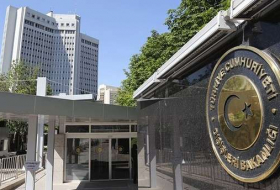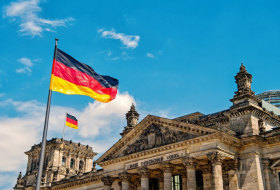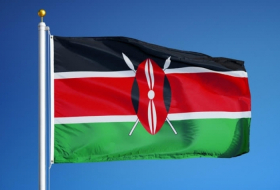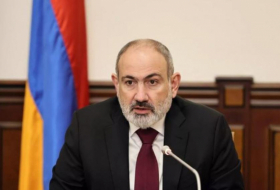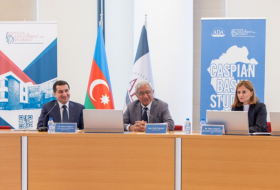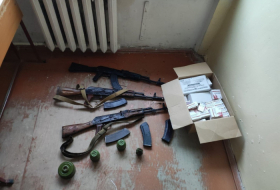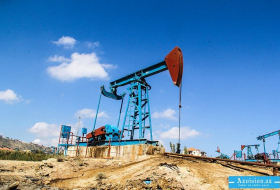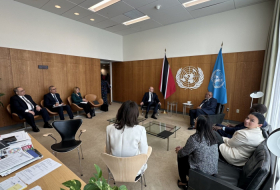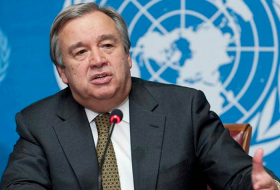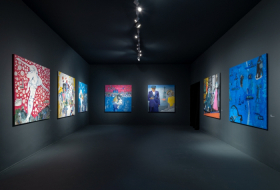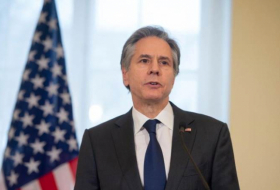The incident is the latest in a series of attacks by Hindu right-wing groups who have rallied against the controversial Bollywood epic Padmaavat.
Footage of terrified children crouching under seats as mobs of men shout around them, has caused outrage in India.
The film is scheduled to release later on Thursday.
No children were injured in the incident, but protesters burned other buses, and have also vandalised cinemas over the last few days.
Many theatres across India have said that they will not screen the film, fearing further violence and outcry. The Supreme Court rejected a bid by four states on Tuesday to ban the film on the basis of security concerns, saying it was the responsibility of the state to ensure law and order.
The film, which tells the story of a 14th Century Hindu queen and a Muslim ruler, was originally due for release on 1 December.
But the date was delayed following protests by Hindu right-wing and caste groups and threats of violence.
What is the dispute about?
The film tells the story of Muslim emperor Alauddin Khilji's attack on a kingdom after he was smitten by the beauty of its queen, Padmavati, who belonged to the Hindu Rajput caste.
Hindu groups and a Rajput caste organisation allege that the movie includes an intimate scene in which the Muslim king dreams of getting romantic with the Hindu queen.
Director Sanjay Leela Bhansali has said the film does not feature such a "dream sequence" at all.
But rumours of such a scene enraged right-wing Hindu groups who called for the film to be banned.
Is the film historically accurate?
While the emperor Khilji is a historical figure, historians believe that Padmavati is a fictional queen.
Bollywood stars Deepika Padukone and Ranveer Singh play the lead roles.
The name of the queen, and the plot of the film, are believed to be based on an epic poem, Padmaavat, by 16th-Century poet Malik Muhammad Jayasi.
The poem extols the virtue of Padmavati who committed sati, the practice of a widow immolating herself on her husband's funeral pyre, to protect her honour from Khilji who had killed her husband, the Rajput king, in a battle.
Image copyrightEPAImage captionThe film has sparked angry protests for months
Sati is believed to have originated some 700 years ago among the ruling class or Rajputs in India.
Women in the community burnt themselves after their men were defeated in battles to avoid being taken by the victors. But it came to be seen as a measure of wifely devotion in later years. The custom was outlawed by India's British rulers in 1829 following demands by Indian reformers.
Historians point out that Jayasi's ballad was written more than 200 years after the historical record of the invasion by Khilji. They say the folklore around Padmavati has been problematic as they have glorified sati.
As the recent protests show, Padmavati is deified and held as a symbol of female honour among Rajputs even today.
How bad have the protests been?
The film has been sparking protests in different parts of the country since January 2017 when members of the Karni Sena, a Rajput caste group, vandalised the set and slapped Mr Bhansali.
The protests intensified in November as the movie's original date of release - 1 December - approached.
Rajput community members burnt effigies of Mr Bhansali.
The Karni Sena vandalised cinemas and threatened to chop off Ms Padukone's nose, referring to a story in the epic Ramayana where a character has her nose chopped off as punishment.
The group also held protests against the film in several states, including Rajasthan, Uttar Pradesh and Haryana, which are governed by the Hindu nationalist Bharatiya Janata Party.
Rajasthan Chief Minister Vasundhara Raje said the film should not be released until "necessary changes are made so that sentiments of any community are not hurt".
BBC
More about: #India









